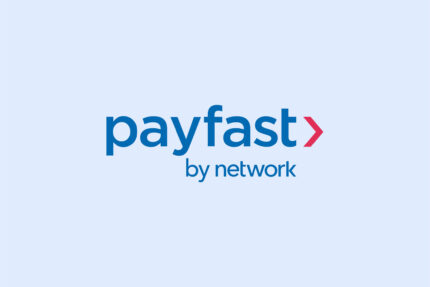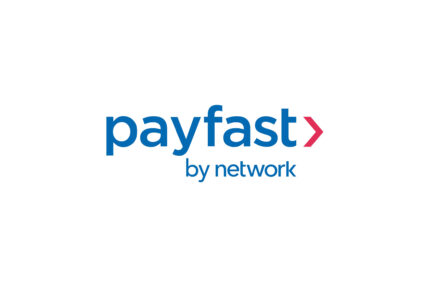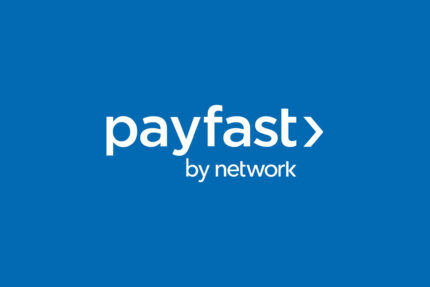Many South African small-to-medium-sized businesses (SMBs) don’t fit the rigid risk frameworks set out by banks as a requirement for funding. Using the unique relationship they have with merchants, fintechs have stepped in to offer a more flexible funding approach – based on the actual ebb and flow of small businesses. As a result, business owners are increasingly turning to fintechs for alternative solutions to access the support they need.
“Payment providers have a direct line of sight into a merchant’s cash flow, sales cycles, and growth potential. This insight allows us to offer funding with much lower risk and far more flexibility, compared to traditional lenders. By nature of having a closer relationship with merchants, fintechs can provide solutions that better match the needs of SMEs,” says Mpho Sadiki, Group Managing Director for Merchant Services in Africa (excluding Egypt) at Network International, the parent company of Payfast by Network.
In 2024, Payfast disbursed over R127 million in pre-approved funding to its merchants – using real-time sales data rather than rigid credit checks to determine eligibility. “This strong uptake underscores the vital need for accessing funding and highlights that the traditional funding model is outdated. Fintechs are stepping in to empower SMEs, leveraging their unique insight by using transactional data to assess financial health in real-time, rather than relying on historical credit records,” adds Sadiki.
Five out of seven South African small businesses fail in their first year of trading, mostly due to cash flow problems. In response to the SME funding gap, Payfast partnered with Retail Capital by TymeBank to launch Easy Advance in 2021 – a merchant funding solution where pre-approved amounts are based on daily transactions rather than credit scores. During 2024, a total of 940 entrepreneurs accessed Easy Advance funding, with Payfast reporting an average funding amount of R78 000.
“Unlike traditional lending models, fintechs can afford to offer more flexible funding approaches. For example, our ‘repay-as-you-trade’ model adjusts payments based on business cycles and sales performance – with a percentage of each sale deducted in real-time – to reduce the likelihood of disrupting cash flow. This kind of offering is unique to fintechs,” says Sadiki.
As digital adoption among South African businesses accelerates, fintechs are increasingly playing a bigger role than just facilitating transactions – they’re becoming financial partners. “Fintech is not just about payments; it’s about empowering businesses with the financial tools they need to grow. We are seeing a shift where payment providers are not only enabling commerce but also ensuring businesses have the funding they need to scale sustainably. This is just the beginning,” says Sadiki.




